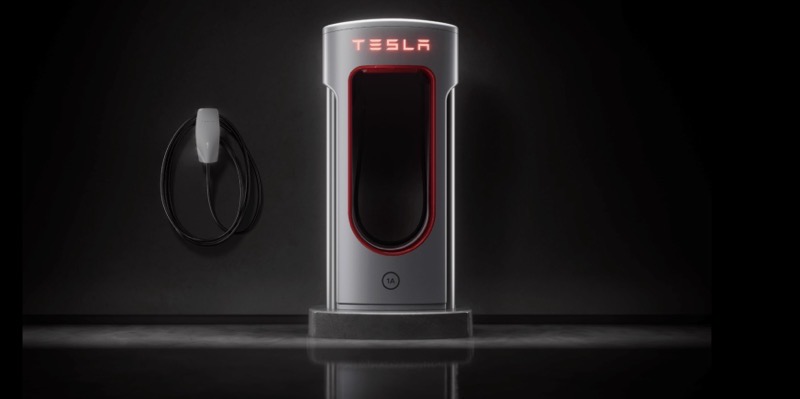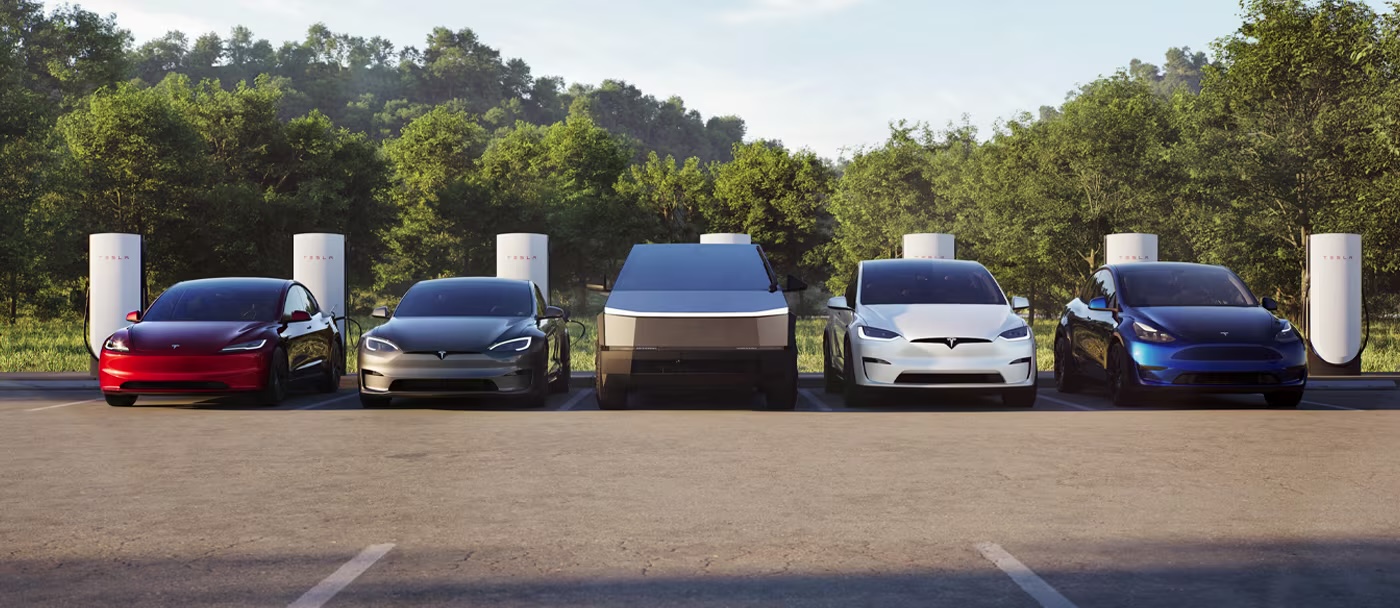
GM and Honda Pull the Plug on Budget EV Collaboration
General Motors (GM) and Honda Motor have terminated their plans to collaboratively develop affordable electric vehicles (EVs), citing slower-than-anticipated demand and shifting market conditions. The decision comes approximately 18 months after the initial announcement of the partnership.
The collaboration aimed to leverage GM’s next-generation Ultium battery technology to manufacture millions of sub-$30,000 EVs for global markets by 2027, including compact crossover models. However, the companies have faced challenges such as higher costs, insufficient infrastructure, and tepid consumer demand.
“After extensive studies and analysis, we have come to a mutual decision to discontinue the program,” stated GM spokesman Darryll Harrison to CNBC. He emphasized that both companies remain committed to affordability in the EV sector. Harrison also clarified that the cancellation is not related to GM’s plans for the next-generation Bolt.
During an earnings call, GM CEO Mary Barra suggested that the Bolt would serve as a better option, mentioning the discontinuation of a $5 billion capital commitment for entry-level EVs. “By leveraging the best attributes of today’s Bolt EUV as well as Ultium, we will deliver an even better driving, charging, and ownership experience,” Barra said.
GM CFO Paul Jacobson, in a media briefing, stated that the company is “balancing production to demand.” Honda CEO Toshihiro Mibe told Bloomberg Television that the affordable EV program “would be difficult as a business.”
Despite the setback, other partnerships between GM and Honda, such as a deal for GM to build the 2024 Honda Prologue EV, hydrogen fuel cells, and autonomous vehicles, will continue. The decision to cancel the affordable EV initiative follows GM’s recent announcements of scaled-back near-term EV targets and delays in production for at least three upcoming EVs.


